ENHANCED CONSERVATION THROUGH RESEARCH
Research plays a vital role in advancing the understanding of stressors that influence the quality of natural resources in Florida. The research we undertake seeks to impact conservation and management, including the identification of improved management practices for sustainable resource use in the future.
Featured Research Highlight
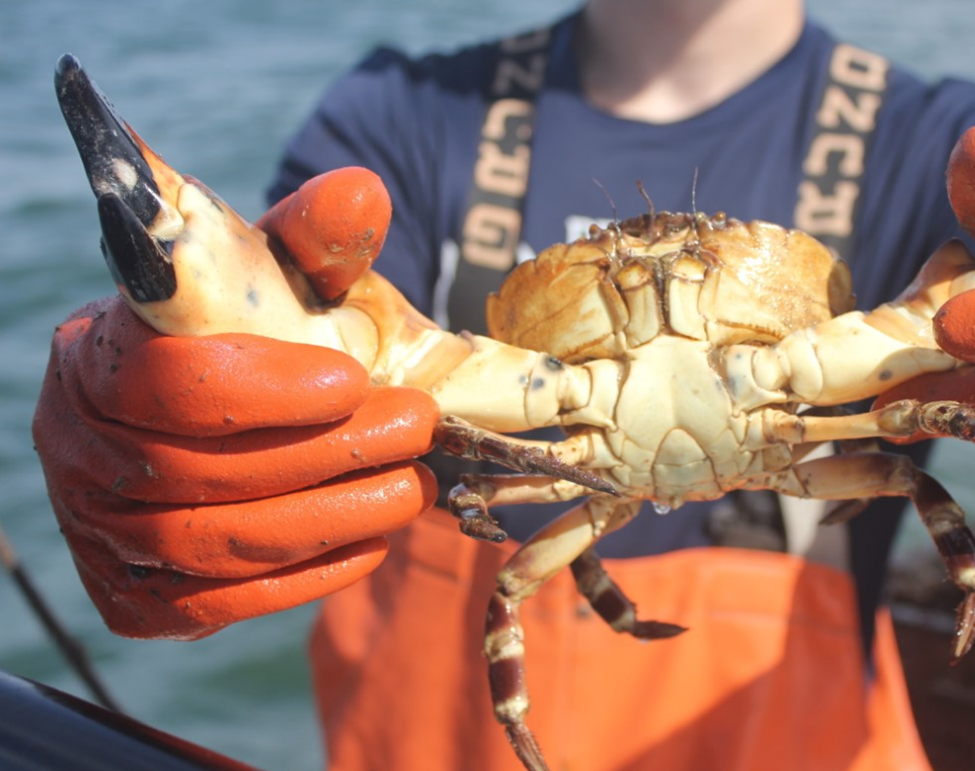
Stone Crab Research
The Florida stone crab fishery operates primarily along the Gulf Coast, from the Panhandle to the Florida Keys. The fishery is one of the most valuable in Florida, with over...
Research Highlights
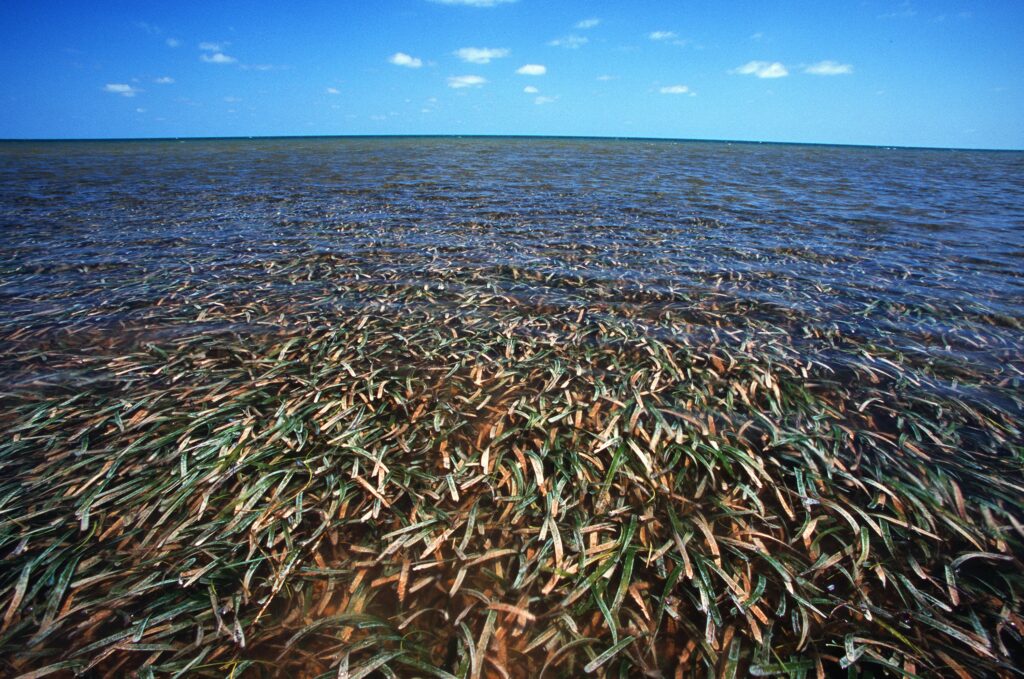
Gulf-wide assessment of habitat use and habitat-specific production estimates of nekton in turtlegrass
Sponsor: NOAA Restore Award Dates: 2017 –2022 Investigators: Kelly M. Darnell (The University of Southern Mississippi), Zachary Darnell (The University of Southern Mississippi), Delbert L. Smee (Texas A&M University-Corpus Christi), Charles W. Martin (University of Florida), Bradley Furman (Florida Fish and Wildlife Conservation Commission), and Margaret O. Hall (Florida Fish and Wildlife Conservation Commission) Marine habitats such as seagrass beds...
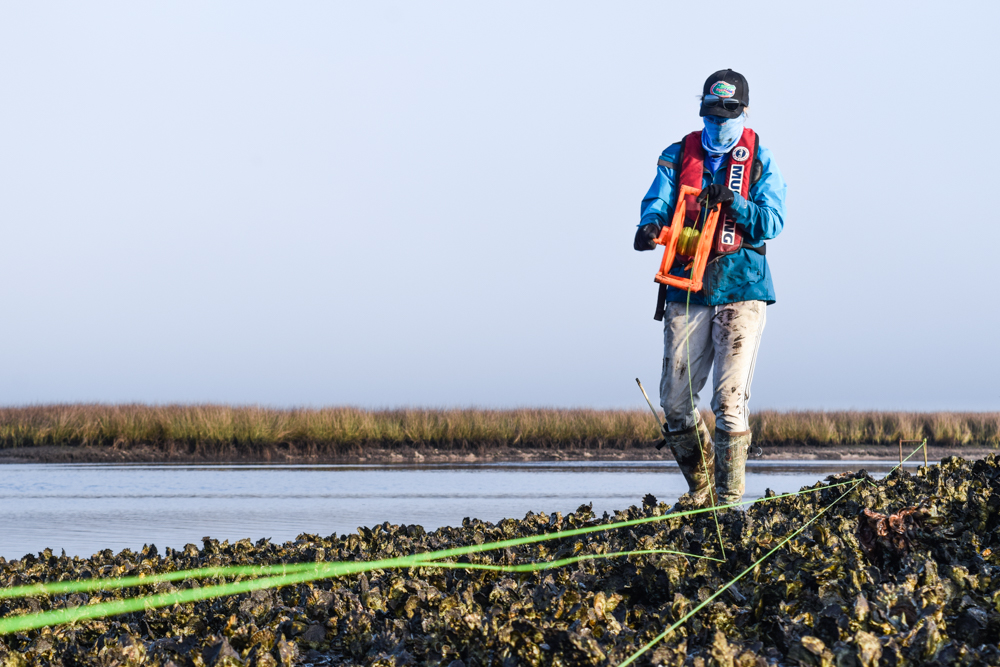
Lone Cabbage Reef Restoration Project
Between 1982 and 2010 a nearly 70% loss of oyster habitat was reported in the Suwannee Sound. In collaboration with National Fish and Wildlife Foundation and the Florida Fish and Wildlife Conservation Commission the University of Florida coordinated the restoration of the Lone Cabbage Reef complex located in the Suwannee Sound in the Fall of 2018. This project restored nearly...
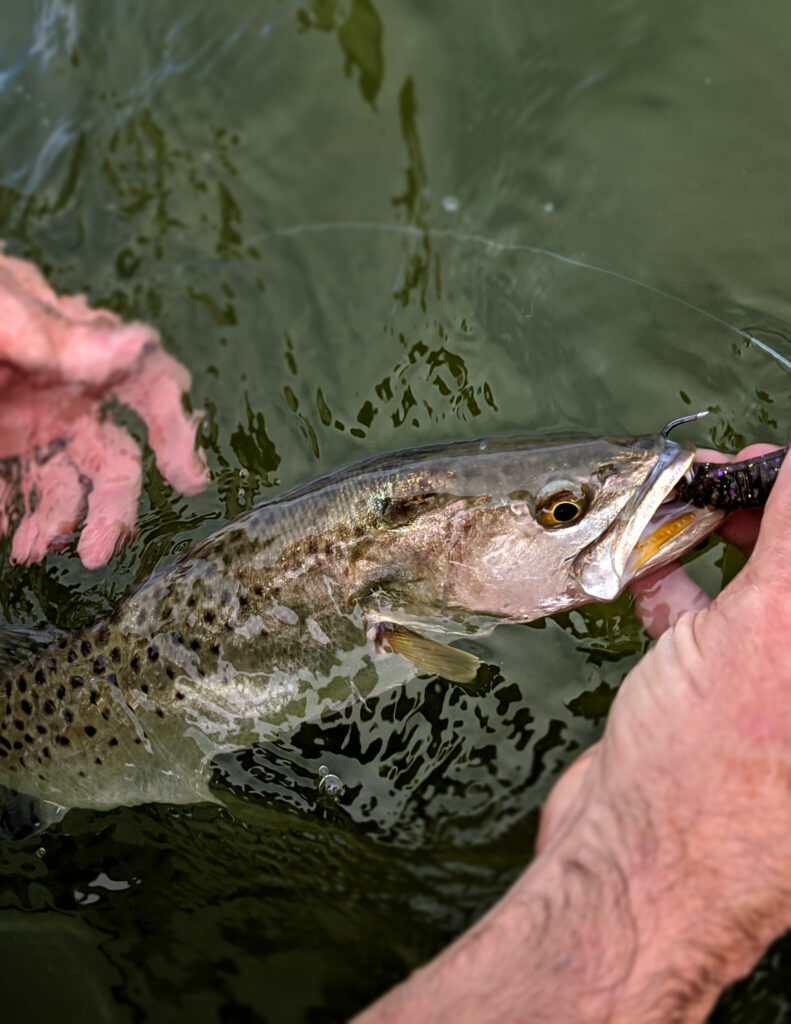
Hooks Designed to Minimize Fish Injuries
Releasing fish can help conserve their populations, but the process of capturing and handling fish also can result in injuries or death. These “discard effects” present a major conservation issue in recreational fisheries: even if the percentage of injuries and mortalities are relatively small, fisheries, where large numbers of fish are released, can have cumulative discard effects that impact the...
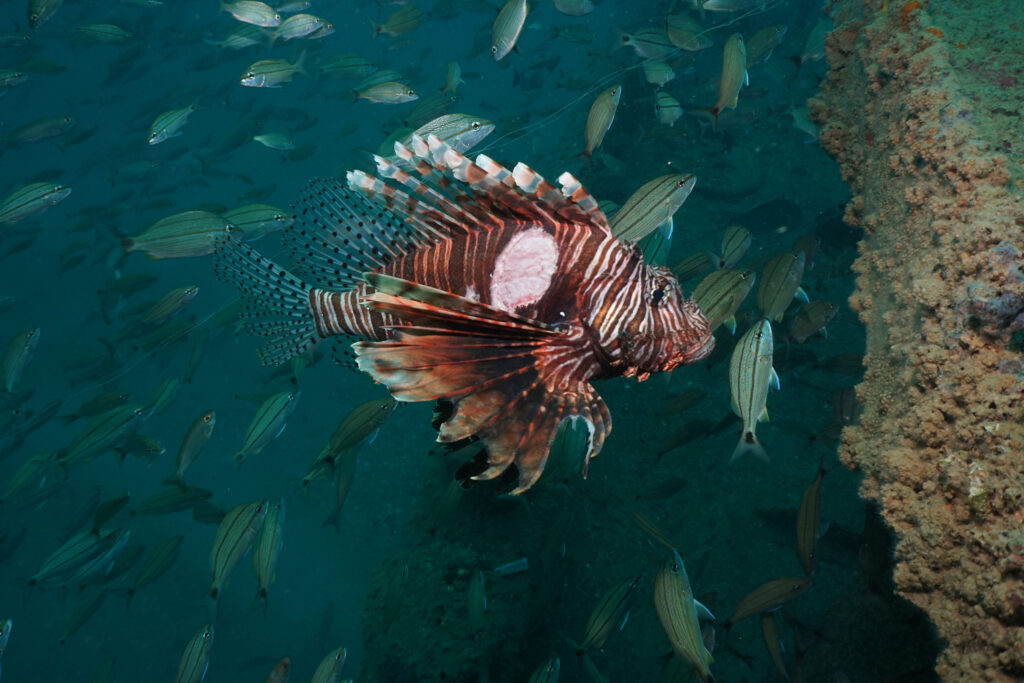
Managing Invasive Lionfish
Indo-Pacific red lionfish (Pterois volitans/miles complex) in the Western Atlantic Ocean have been the most successful marine fish invasion on record and caused region-wide negative effects on reef fish communities and ecosystem processes. Mitigating their impacts is a top priority for marine resource managers. Developing lionfish fisheries has been proposed as a market-based solution to control their densities and augment...
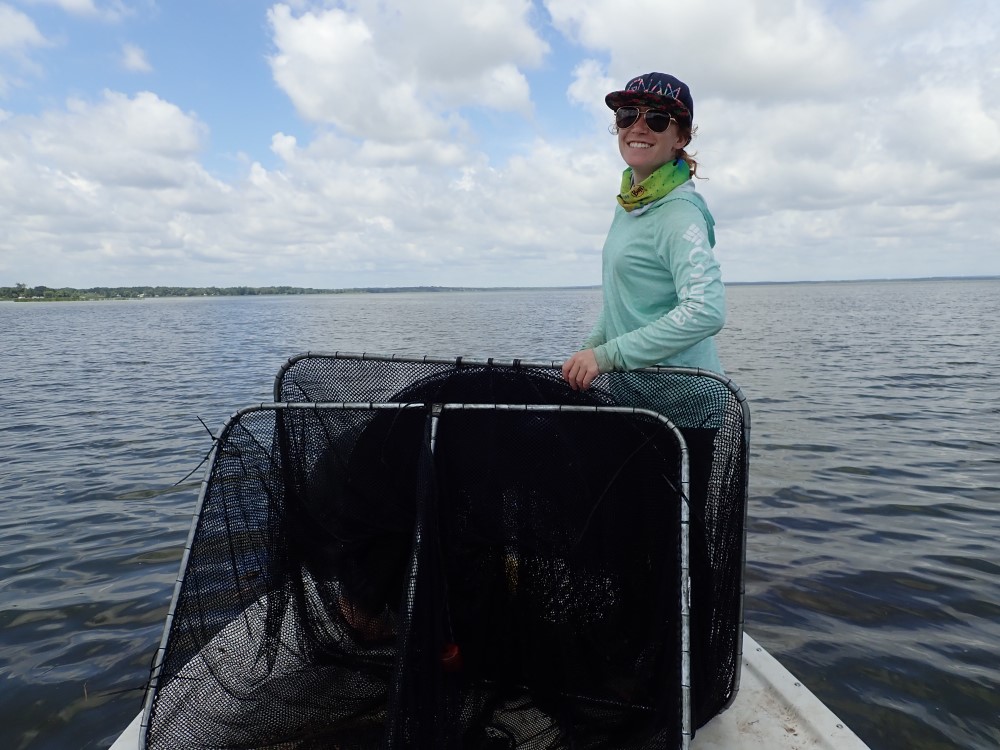
Fish Sounds
Project Lead: Audrey Looby (University of Florida) Project Participants: Amalis Riera, Sarah Vela, Kieran Cox, Santiago Bravo, Rodney Rountree, Francis Juanes, Laura K. Reynolds, Charles W. Martin Participating Institutions: University of Florida, University of Victoria, Universidade de São Paulo, MERIDIAN, FishBase Link to website: FishSounds.net Goals and Objectives Fish are one of the largest groups of sound-producing vertebrates and have...
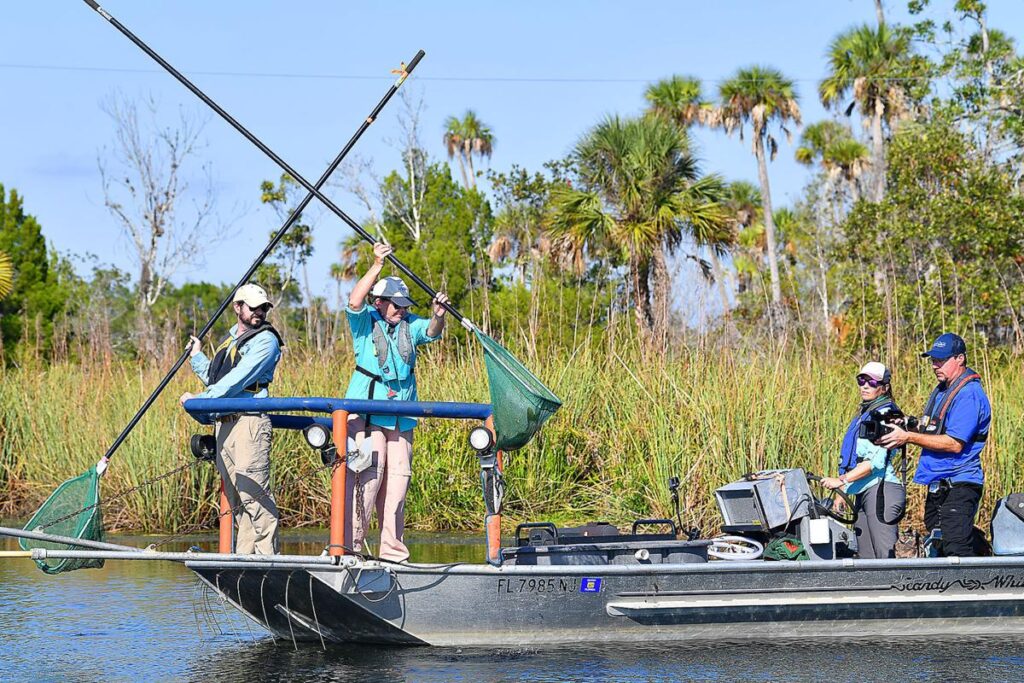
Gap Analysis for Invasive Species Pathways
Sponsor: United States Geological Service with funding from the United States Fish and Wildlife Service Award Dates: August 2021 – August 2022 Investigators: Wesley Daniel (USGS Fish Biologist-WARC), Charlie Martin (Research Assistant Professor, University of Florida), and Zoey Hendrickson (University of Florida) Goals and ObjectivesInvasive species are recognized globally as a major threat to native ecosystems and cost millions of...
VISIT THE UF/IFAS NCBS BLOG
We are constantly updating our blog with the latest news from our research and extension programs. Head on over to hear more from our graduate students, faculty and staff on all that is happening at NCBS






